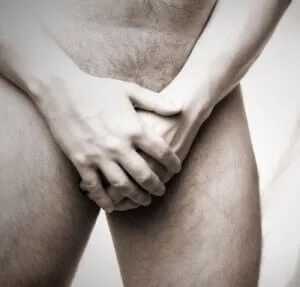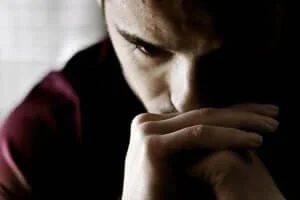The most common symptoms and signs of erectile dysfunction are also the most noticeable. For most men at different ages, the most obvious sign will be difficulty in getting or maintaining an erection. Even if achieving an erection is possible, it will generally be too brief for intercourse. ED is often accompanied by low libido. Psychological symptoms that occur as a result of ED
ED Symptoms and Signs
If you are wondering, “What are the signs of ED? Do I have ED?”, then we can help answer some of those questions for you. Learn this article to understand erectile dysfunction symptoms.
Erectile dysfunction can cause great amounts of psychological pain and emotional distress for those who suffer from it, as well as their romantic and sexual partners.
Erectile dysfunction can also be a symptom of other more serious health conditions, which is why it’s so important to understand the cause or causes of your ED. A comprehensive understanding of your ED will help you to treat it and cope with it effectively.
Early Symptoms of Erectile Dysfunction
The most common symptoms and signs of erectile dysfunction are also the most noticeable. For most men at different ages, the most obvious sign will be difficulty in getting or maintaining an erection. Even if achieving an erection is possible, it will generally be too brief for intercourse. ED is often accompanied by low libido. Psychological symptoms that occur as a result of ED – such as depression and performance anxiety – can be just as damaging to those suffering from ED.

Causes of erectile dysfunction run the gamut and can be psychological or physical; internal or external. In some cases, medical conditions can cause impotence and ED. The following table may help you better understand what’s behind your ED:
| Emotional | External Medical | Health |
| Stress | Penile injuries | Heart conditions |
| Performance anxiety | Lesions caused by STIs | High blood pressure |
ED can also be caused by medication.
In Young Men

Less frequently, obesity, diabetes, and hormonal disorders can cause younger men to experience problems with sexual function and play havoc with their abilities to achieve and maintain an erection. Although ED is most common in older adult males, it is not entirely uncommon in younger men.
Low Testosterone
Because erections rely on testosterone, indirect links between erectile dysfunction and low levels of testosterone can be found. The relationship between these two is somewhat complicated, however, because many men have healthy erections in spite of low levels of T. Still, low testosterone is definitively and clearly connected to certain health conditions which are also linked to ED, such as obesity, diabetes, and heart disease.
For those whose testosterone is within the normal range, increasing it with TRT testosterone replacement therapy probably won’t be effective in treating their ED. However, testosterone replacement therapy can revive a man’s interest in sex, which can sometimes help with ED which results from an emotional condition. The best therapy tends to come in the form of combined oral medications paired with TRT, or oral medication without TRT.
When You Need to See a Doctor?

Your doctor may give you a physical examination of your penis in order to determine that the cause of your ED is not external. If they suspect that there is a particular medical condition behind the ED, they may order a blood test for you to rule out certain factors, such as diabetes.
Treating Your ED
How you treat your ED will depend on the individual cause of your ED. The following is a list of treatment options for ED which you may want to discuss with your doctor:
- oral medications;
- VCD (vacuum constriction device);
- penile implants;
- vascular reconstructive surgery;
- injections which improve blood flow throughout the body;
- TRT;
- alternative medicine.


 Free Viagra Samples 10 x 100mg
Free Viagra Samples 10 x 100mg Free Levitra Samples 10 x 20mg
Free Levitra Samples 10 x 20mg Free Cialis Samples 10 x 20mg Online
Free Cialis Samples 10 x 20mg Online